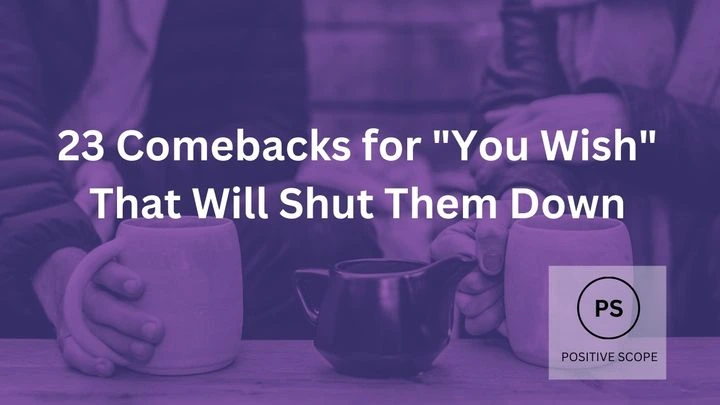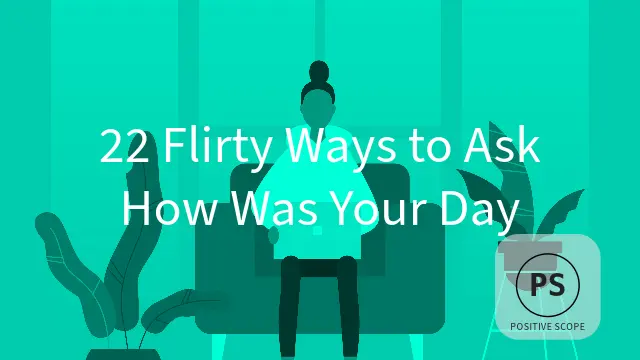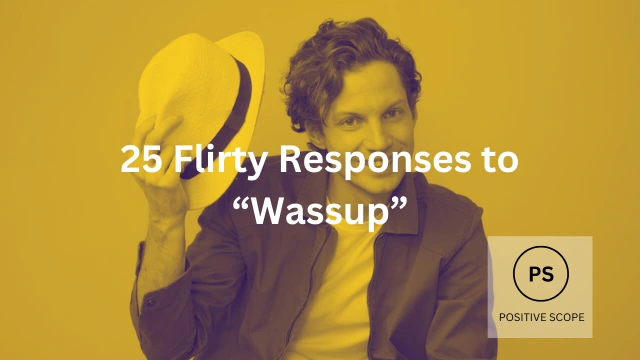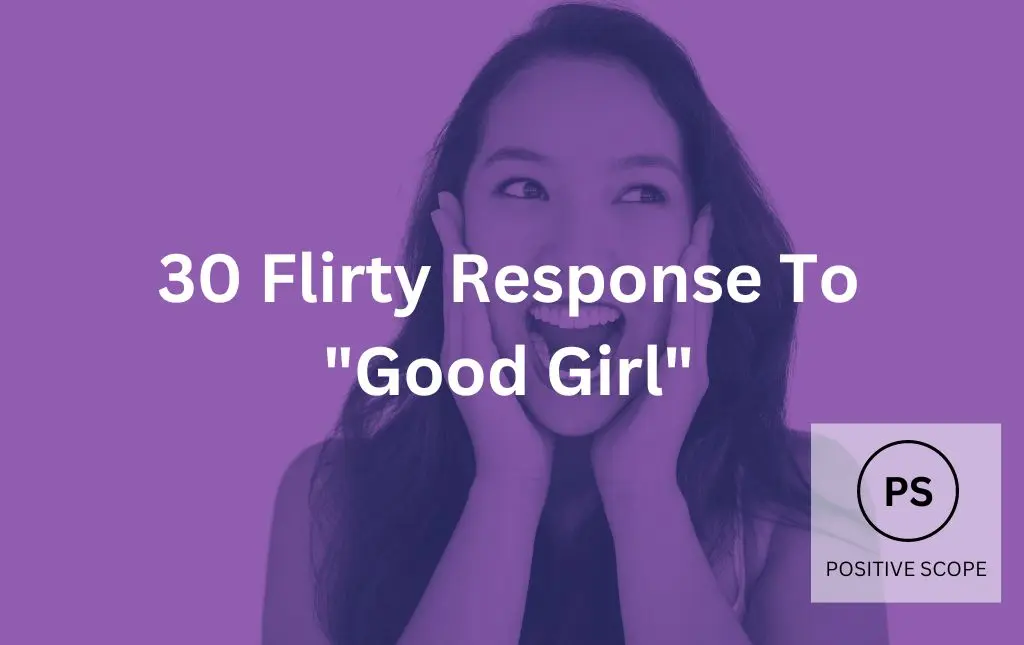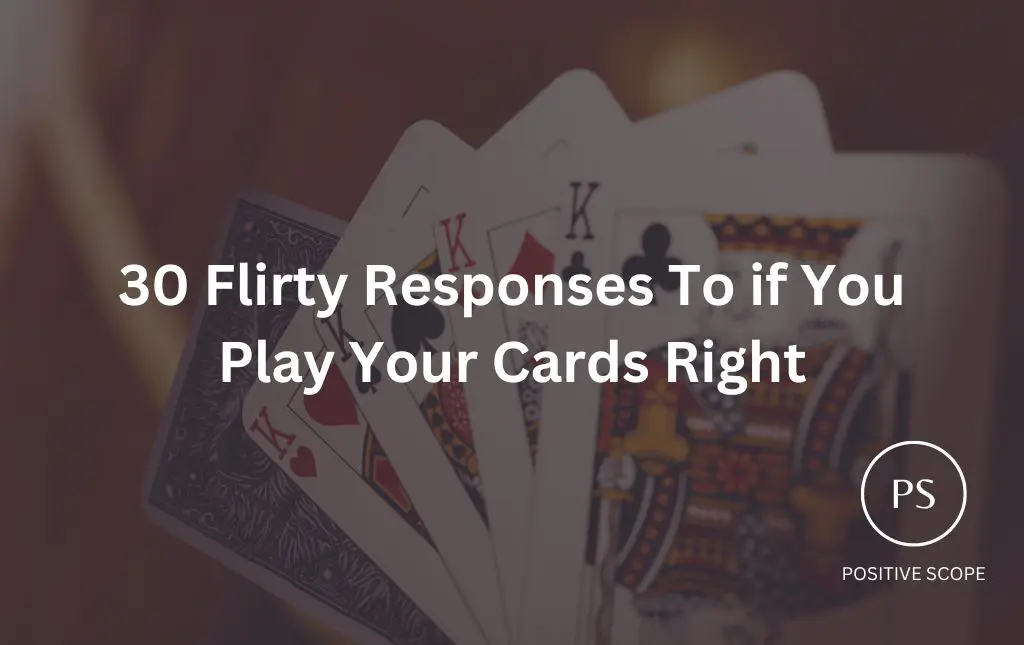25 Best Responses to “I Could Be Better”
When someone says, “I could be better,” they might be feeling a range of emotions, from mild dissatisfaction to outright despair.
It’s important to be sensitive to their feelings and respond in a way that is both supportive and encouraging.
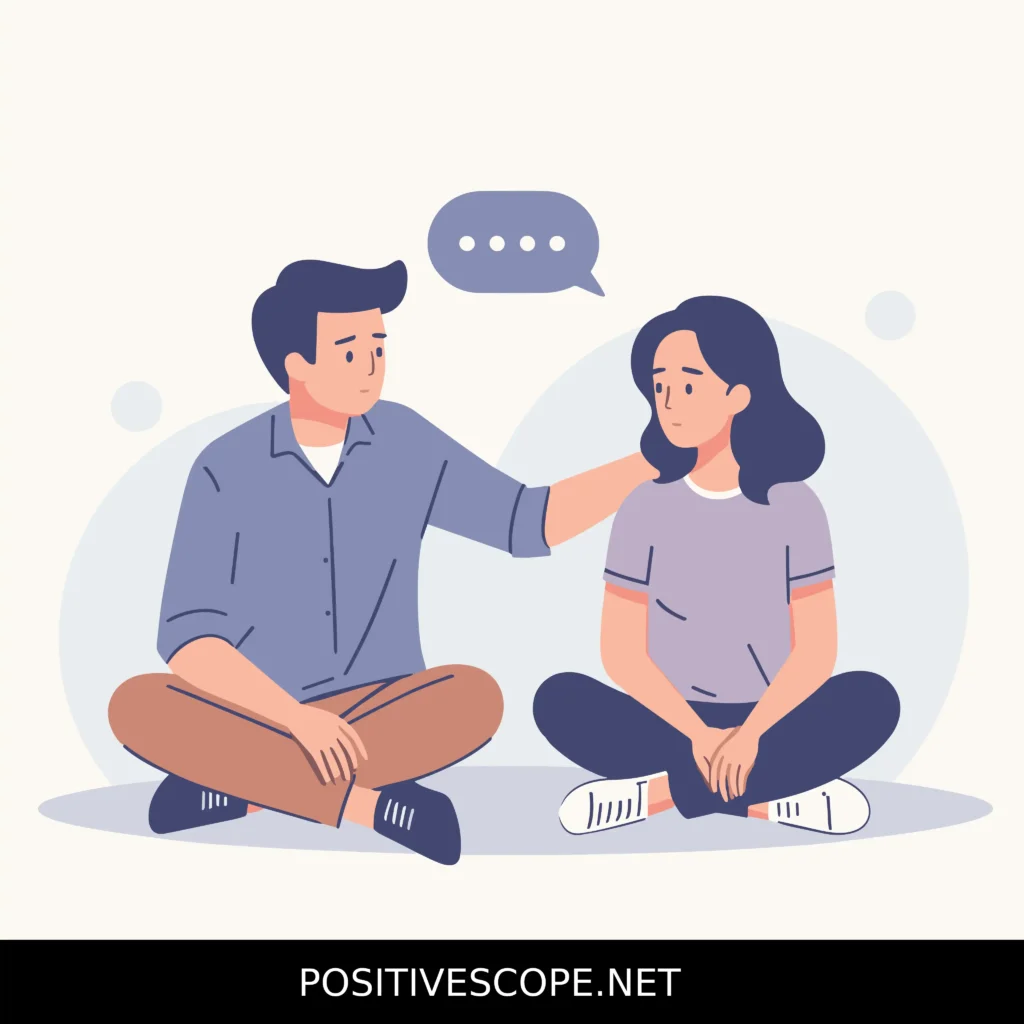
For example, if someone says, “I could be better” after a job interview, you might say something like, “I know you put a lot of effort into preparing for this interview. Identify your shortcomings and work on them.“
Below, we’ve compiled a list of 25 responses that you can use when someone says, “I could be better.”
25 Best Responses to “I Could Be Better”
- Don’t be so hard on yourself.
- You didn’t do too badly.
- I’m here for you. Want to talk about it?
- Don’t give up.
- Take it step by step and one day at a time.
- Trust the process.
- Cheer up!
- Same here, that’s why I came.
- Don’t worry too much.
- Believe in yourself.
- Keep trying.
- Your best is still better than what most people can even dream of achieving.
- You don’t have to be perfect to be amazing.
- Everybody has those days. Tomorrow is a new day to start fresh and take steps forward.
- Cut yourself some slack.
- Sorry to hear that. Can I do something to help?
- That sounds tough. How can I support you right now?
- Take your time, things will get better.
- I’m always here if you need someone to lean on.
- Your feelings are important. It’s okay not to be okay sometimes.
- I can’t imagine how difficult this must be for you.
- Sounds challenging. Remember, every hardship can make us stronger.
- Take good care of yourself, okay? You matter to me.
- Would a hug help? Sometimes we don’t need words.
- I admire your courage in facing this.
- If it helps, let’s have some ice cream and chat about everything.
- I may not understand exactly how you feel, but I’m here to support you.
- Just remember, it’s okay to ask for help. You don’t have to go through this alone.
- You are stronger than you think, and you will get through this.
- Let’s do something that brings you joy.
- It’s tough now, but remember, there’s always a rainbow after the rain.
- It’s okay to feel like this. Your feelings are valid.
- I wish I could make it better for you, but in the meantime, I’m here, offering my support.
- I’m here to listen, not judge. You can tell me anything without fear.
- There’s always room for improvement in all of us.
- Identify your shortcomings and work on them.
- Remember, it’s not the end of the world. Let’s figure this out together.
You can also check: 25 Responses When Someone Says “I Don’t Believe You”
1. “I’m here for you. Want to talk about it?”
This response shows your readiness to lend a supportive ear, providing them with an open invitation to share what’s troubling them.
2. “Sorry to hear that. Can I do something to help?”
By offering help, you show that you’re not just passively acknowledging their situation, but are actively willing to provide support.
3. “That sounds tough. How can I support you right now?”
This response not only validates their feelings but also offers a helping hand, showing your genuine interest in their wellbeing.
4. “Take your time, things will get better.”
This response offers a gentle reminder that rough spots are temporary, aiming to instill a sense of hope and patience.
5. “I’m always here if you need someone to lean on.”
By offering your steady support, you reassure them that they’re not alone in whatever they’re going through.
6. “Your feelings are important. It’s okay not to be okay sometimes.”
With this response, you validate their emotions, emphasizing that it’s perfectly fine to have bad days.
7. “I can’t imagine how difficult this must be for you.”
Showing empathy can be as simple as acknowledging the difficulty of what they’re going through, which this response does effectively.
8. “Sounds challenging. Remember, every hardship can make us stronger.”
This response elegantly offers a silver lining while acknowledging their struggle, reminding them of the potential for personal growth through challenging times.
You may also like: 25 Witty Responses when someone says “You Have No Friends”
9. “Take good care of yourself, okay? You matter to me.”
This one asserts the importance of self-care and shows them that they are valued, which can do wonders for their morale.
10. “Would a hug help? Sometimes we don’t need words.”
If you’re close enough, a physical gesture of comfort can be very powerful, and this response offers just that.
11. “I admire your courage in facing this.”
Facing up to difficulties takes strength. This response acknowledges their courage, thereby boosting their confidence.
12. “If it helps, let’s have some ice cream and chat about everything.”
Sometimes, a lighthearted suggestion can help to lift their spirits. Just remember to take their feelings seriously.
13. “I may not understand exactly how you feel, but I’m here to support you.”
This honest reply acknowledges the individual nature of their experience while reaffirming your support.
14. “Just remember, it’s okay to ask for help. You don’t have to go through this alone.”
This response encourages them to reach out for help, offering reassurance that they’re not alone.
15. “You are stronger than you think, and you will get through this.”
This uplifting note can remind them of their inner strength, offering encouragement for the future.
16. “Let’s do something that brings you joy.”
This suggestion can help divert their mind to a happier space, even if it’s just temporary.
17. “It’s tough now, but remember, there’s always a rainbow after the rain.”
This response offers a message of hope, indicating that better times will follow.
18. “It’s okay to feel like this. Your feelings are valid.”
By validating their feelings, you respect their experience without trying to fix or change it.
19. “I wish I could make it better for you, but in the meantime, I’m here, offering my support.”
While acknowledging that you can’t fix everything, you assure them that they’re not alone.
20. “I’m here to listen, not judge. You can tell me anything without fear.”
This response can pave the way for open and honest communication, reassuring them of your nonjudgmental support Perfect, I’ll incorporate your suggestions. Here are the last five responses:
21. “Don’t be so hard on yourself.”
This comforting message can help them ease their self-criticism, reminding them that it’s okay to be imperfect.
22. “You didn’t do too badly.”
This statement helps instill confidence by focusing on the positive aspects of their situation.
23. “There’s always room for improvement in all of us.”
This reply emphasizes that everyone has their flaws and weaknesses while giving a gentle nudge toward personal growth.
24. “Identify your shortcomings and work on them.”
While this is slightly more forward advice, it empowers them by encouraging personal reflection and proactive self-improvement.
25. “Remember, it’s not the end of the world. Let’s figure this out together.”
This concluding response offers perspective and a sense of teamwork, suggesting a shared journey toward resolution.
RELATED:
- 44 Best Responses When Someone Says “I’m Proud of You”
- 7 Things To Remember When You Don’t Feel Good Enough.
What Does “I Could Be Better” Mean?
When someone says, “I could be better”, it often indicates that they’re struggling with something. They could be having a rough day, dealing with stress, or facing other challenges.
The reply signifies a need for empathy, understanding, and possibly help. It’s a subtle call for comfort and reassurance—a signal that they might require a listening ear or a supportive friend.
Final Thoughts
So, when you hear “I could be better”, remember the responses from our list.
Approach with empathy, be patient and provide comfort. Your supportive responses can make a significant difference in their day and their overall well-being.
Now you’re more prepared to respond with care the next time a friend, colleague, or loved one confides, “I could be better.”
